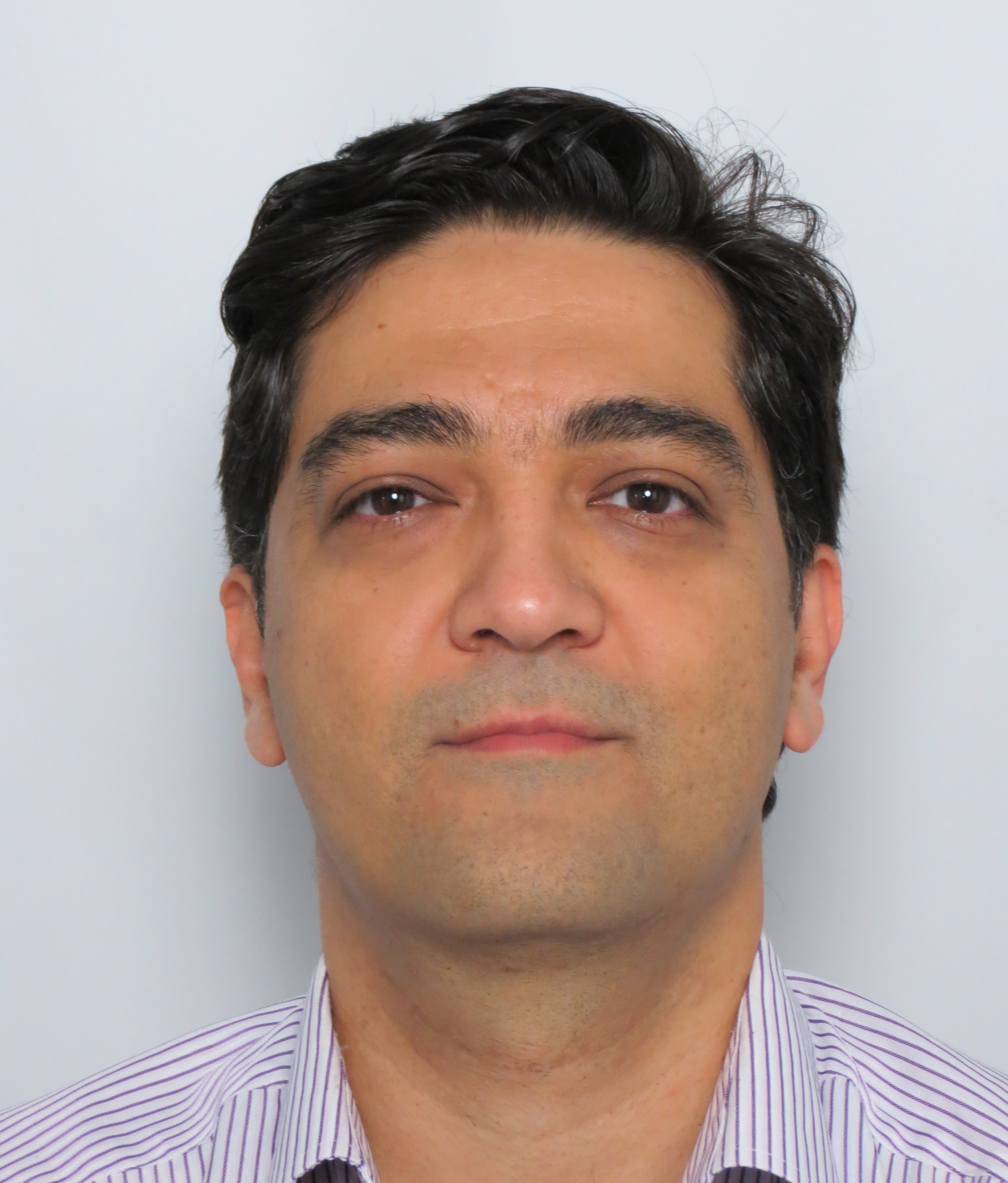Enhancing the sustainability of society in the post-pandemic era through urban farming
The pandemic has exposed the vulnerability of Global South metropolitan areas and their communities. The lack of a sustainable food supply, increasing unemployment, economic recession, and the high vacancy rate of buildings in the post-pandemic period inspired Dr Moghayedi to find solutions. He is trying to convert these challenges into an opportunity by developing a novel technology-driven solution that transforms idle buildings into innovative, community-managed urban farms, which will produce high-quality food and support the local economy and marginalised communities. This will address the Academy’s strategic aims of an inclusive and sustainable society.

Post-pandemic food production challenges
The pandemic has changed lifestyles and business models worldwide, increasing the need for innovative solutions for food production in urban areas and a more sustainable society. This has highlighted the potentially significant role of cities and society in food production to meet the growing demand.
Dr Moghayedi’s research focuses on developing inclusive, sustainable and smart solutions for engineering and built environment infrastructure projects using innovative cyber technologies such as artificial intelligence, machine learning, building information modelling, digital twins, and mixed reality. He has recently established six international collaboration projects focusing on enhancing the living condition of the marginalised population in Africa through inclusive, sustainable and innovative infrastructures, and community developments.
Making use of idle metropolitan buildings
The lack of sustainable food supply, increasing unemployment, economic recession and high vacancy rate of buildings in the post-pandemic period in the Global South's metropolitan area has inspired Dr Moghayedi to look at this issue.
Idle and abandoned buildings significantly impact neighbourhoods and cities, affecting their overall sustainability and citizens’ wellbeing. These vacant spaces often become hotspots for criminal activities, threatening urban areas. The presence of idle buildings leads to disinvestment, reduced commerce and tourism, and a decline in property values. This situation calls for innovative approaches to transform these underused spaces.
“DIA empowers me to enhance the quality of life of the most vulnerable and marginalised communities in Global South metropolitans by helping boost the local economy and creating local jobs.”
The urban smart farm initiative is a potential solution to address these pressing issues. By repurposing idle buildings into public infrastructure, the initiative offers numerous social, environmental and economic benefits to citizens and cities. These include a healthier and more sustainable urban environment, helping to overcome the challenge of inadequate food supply, generating employment opportunities, and revitalising neighbourhoods and cities, improving aesthetics, and promoting commerce and tourism.
Dr Moghayedi’s DIA-supported project ‘Innovative Urban Farm 4 Everyone: enhance the sustainability of society in the post-pandemic era’, works in collaboration with colleagues in South Africa, Sri Lanka, Zambia, Nigeria, and the UK. After conducting extensive literature reviews and insightful interviews with experts, the team identified all relevant stakeholders and devised a well-suited supply chain. They then created a comprehensive design and specifications for remodelling abandoned and vacant buildings into innovative, community-managed, smart urban farms. This design can be considered an initial design for physical and digital public infrastructures. The project’s main aim is to evaluate smart urban farms’ environmental, economic and social feasibility as an innovative approach to sustainability and inclusivity of Global South urban society and economy, supporting the Academy’s strategic aims.
The team is currently conducting a detailed lifecycle assessment of diverse crops and the overall energy and carbon footprint of a smart urban farming system. The team sees the project as a springboard to future partnerships that help to disseminate the learning from this further and wider to help more people. Dr Moghayedi is passionate about equipping young people to excel in engineering and the built environment and sees the support of the Academy through the DIA programme as a key part of doing this.
Building an international, interdisciplinary network of experts, using programmes like the DIA, helps generate and disseminate knowledge beyond state of the art and share new technologies and techniques to improve societies' sustainability, inclusivity and resilience.
Related content
DIA awardees
Distinguished International Associates (DIA) are international engineers working across all sectors. They work at the c…
FAQ
Information and answers to common queries about the Distinguished International Associates (DIA) Programme
